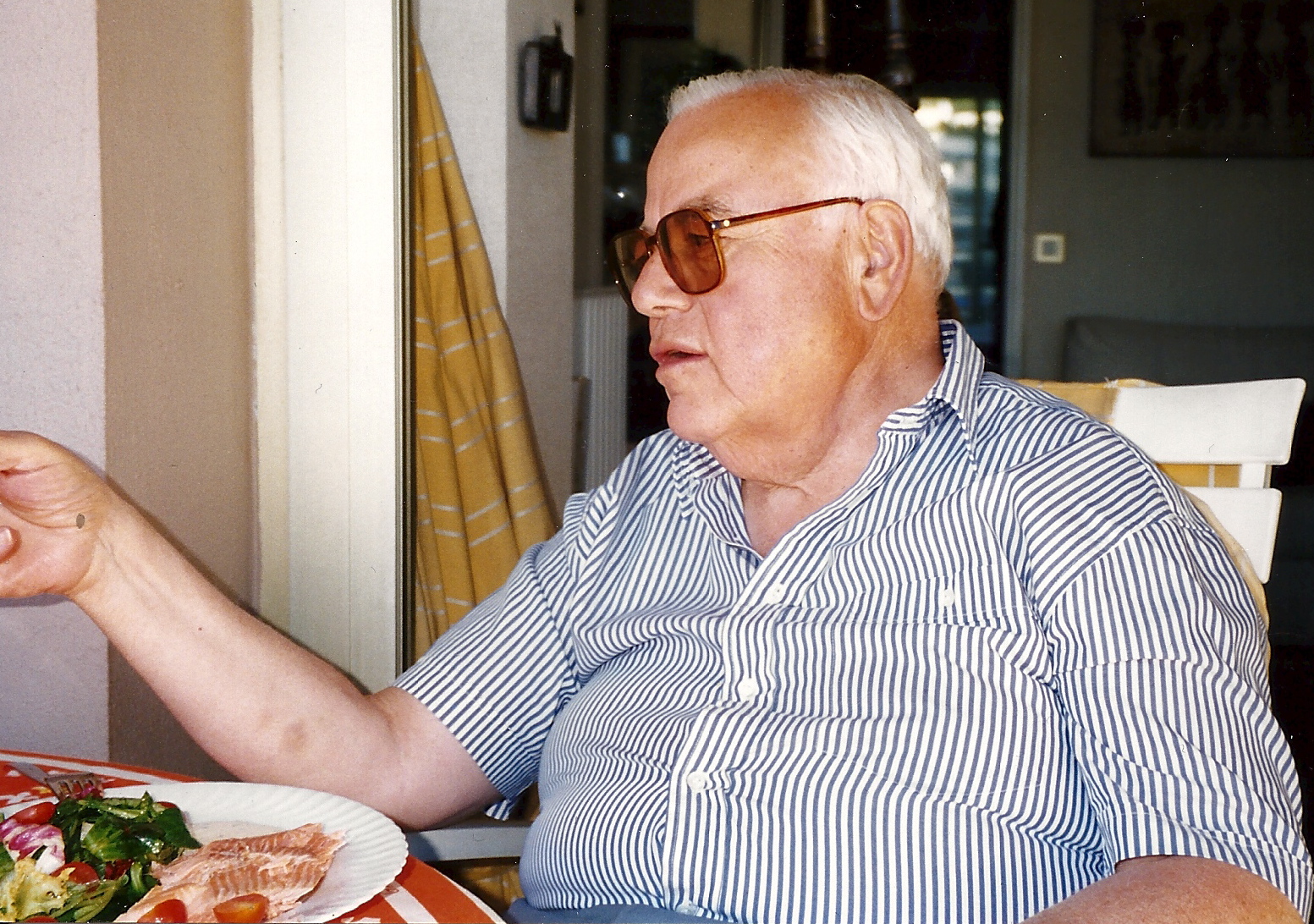The Reuter Society
Origins of the Society
The Reuter Society was set up on 16 October 1990 by a group of recently retired colleagues, headed by Aleco Joannides, a veteran Reuters correspondent and manager. Its first purpose is “to preserve and continue the comradeship developed among the Members during their work for Reuters”.
The Society has about 260 members. Some 80 per cent are based in the UK. The rest are scattered around the world. The membership comprises:
The first purpose of the Reuter Society is to preserve and continue the comradeship developed among the Members during their work for Reuters
- Editorial 38 per cent
- Management/Administration 25 per cent
- Technical 11 per cent
- Human Resources 9 per cent
- Financial 8 per cent
- Sales & Marketing 6 per cent
- Other 3 per cent.
 The influence of The Reuter Society was recognised by The Times as long ago as 2000.
The influence of The Reuter Society was recognised by The Times as long ago as 2000.
Reuters was going through a change of command. Peter Job was retiring as chief executive and the search was on for a replacement. Four directors were in the running: Tom Glocer, Philip Green, David Grigson and Rob Rowley.
Michael Nelson, former general manager, suggested to Aleco Joannides (photo), a veteran Reuters correspondent and manager who was then the Society’s founding chairman, “as a joke” that he ask the Company for the four candidates for the top job to address the Society. “He did so and to my amazement the Company agreed,” Nelson recalls.
Stephen Somerville, current chairman of the Society, remembers the 17 October 2000 meeting as a kind of “beauty contest” in which the four possible contenders for the top job all spoke to more than 100 members.
Nelson recalls: "By coincidence Raymond Snoddy, The Times media editor, telephoned me on December 6, the day of the announcement of the selection of Tom Glocer as chief executive. The reason for his call was to thank me for pointing out to him that he had misquoted John Milton’s most famous statement on freedom of the Press which was in the Areopagitica of 1644: “Give me the liberty to know, to utter, and to argue freely according to conscience, above all liberties.” We then talked about the Glocer appointment and I told him about the Reuter Society meeting. Thus the Reuter Society made The Times for the first time.”
The following day The Times reported Glocer’s appointment under the headline “Reuters appointment breaks with tradition” and said he impressed staff at a recent Reuter Society address. The break with tradition referred to Reuters’ appointment of its first non-journalist to the post of chief executive.
Snoddy wrote: “Tom Glocer, who is 41 and at present head of Reuters Information, is also the first American to take the top job. Mr Glocer's division currently generates close to half of total group revenues.
“Mr Glocer emerged as favourite to replace Peter Job, the current chief executive who retires next July, after impressing retired staff at a recent Reuters Society address.”
The Times quoted Glocer as saying he found his appointment "very gratifying". He said one of his main challenges would be to ensure that Reuters continued to evolve with technology while at the same time staying focused on customer needs. He said that the quality of the company's editorial would remain "absolutely central" to the financial services that the company provided.
“He acknowledged that Reuters had gone out of fashion for a time ‘during the dot-com era’ but in fact Mr Job had continued to concentrate on essentials such as earnings growth.
“Mr Glocer, a lawyer who once worked in mergers and acquisitions, said yesterday he was not shy about going for acquisitions but added "you see far more damage than good done by a lot of them".
“Sir Christopher Hogg, Reuters chairman, who made the choice with his fellow non-executives, said that Mr Glocer, only the ninth Reuters chief executive, had established a remarkable reputation.
"’He is smart, decisive, questioning, but tough and importantly is internationally aware and experienced,’ Sir Christopher said, conceding that the need for continuity after rapid organisational change had given internal candidates an advantage.” ■